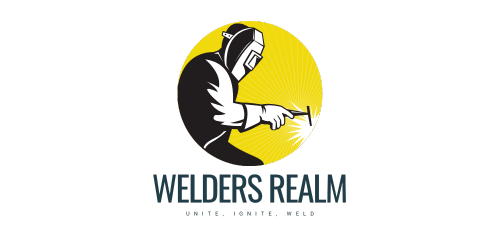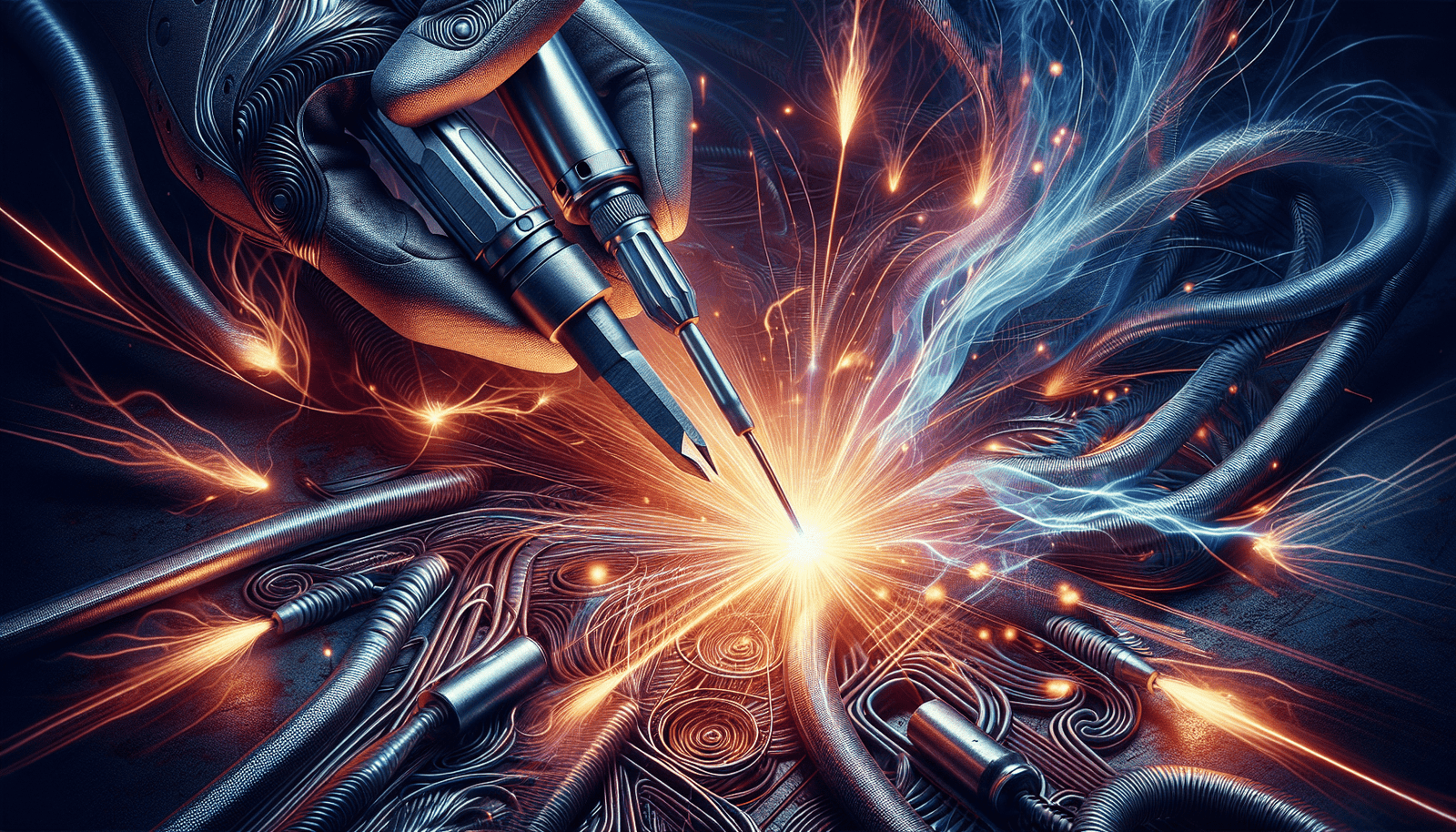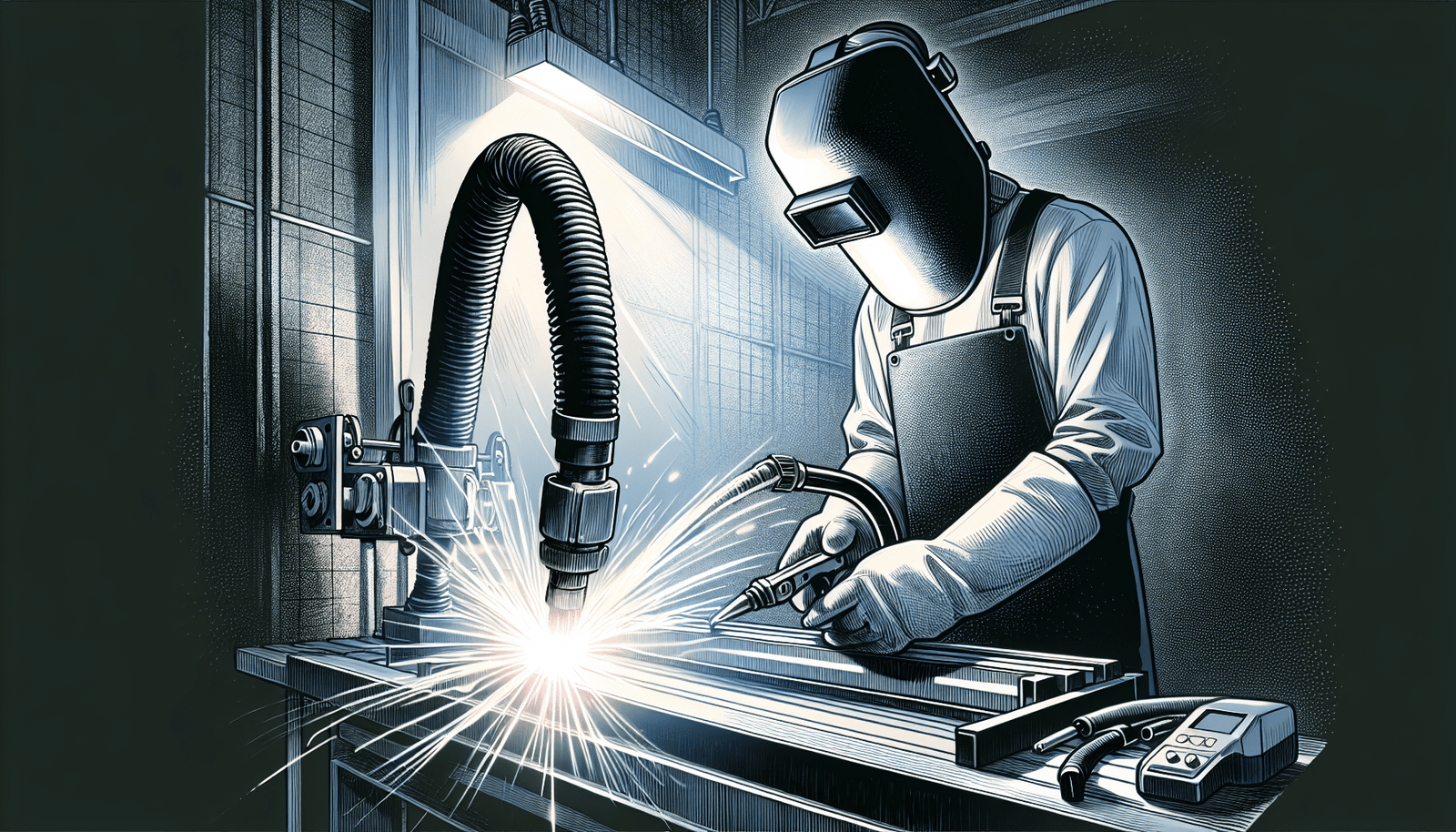When it comes to choosing the right welding machine, the options seem endless. From Lincoln Electric to Miller to Hobart, each brand offers a variety of models with various features and capabilities. But how do you know which one is the best fit for your needs? In this article, we will compare different brands of welding machines, highlighting their strengths and weaknesses. By the end, you will have a better understanding of the top contenders in the market, helping you make an informed decision on which brand to choose for your welding projects. So, let’s dive in and explore the world of welding machines!
Understanding Different Types of Welding Machines
Description of various types of welding machines
Welding machines are essential tools used in various industries for joining metals together. There are different types of welding machines available, each with its own unique features and applications.
Arc Welding Machines: Arc welding machines, also known as stick welders, use electricity to create arc discharges between an electrode and the workpiece. This type of welding machine is widely used for heavy-duty welding tasks and can be used with a variety of metals.
MIG Welding Machines: MIG (Metal Inert Gas) welding machines utilize a consumable wire electrode and an inert gas, such as argon or helium, to protect the weld pool from atmospheric contamination. These machines are versatile and suitable for welding different materials, including stainless steel, aluminum, and mild steel.
TIG Welding Machines: TIG (Tungsten Inert Gas) welding machines use a non-consumable tungsten electrode and an inert gas to produce high-quality welds. TIG welding is commonly used for precise welding tasks on thin materials, such as stainless steel, aluminum, and copper.
Spot Welding Machines: Spot welding machines are specifically designed for joining two or more overlapping sheets of metal together. This type of welding is commonly used in the automotive industry for assembling car bodies.
Connection between types of welding machines and welding processes
Each type of welding machine is specifically designed to cater to different welding processes. The welding process refers to the method used to join two or more pieces of metal together. The choice of welding machine is determined by the specific requirements of the welding process.
For example, arc welding machines are often used for shielded metal arc welding (SMAW) or manual metal arc welding (MMAW) processes. MIG welding machines are commonly used for gas metal arc welding (GMAW) processes, while TIG welding machines are ideal for gas tungsten arc welding (GTAW) processes. Spot welding machines, on the other hand, are exclusively used for spot welding processes.
It is crucial to select the right type of welding machine that is compatible with the welding process to ensure optimum results and efficiency.
How different types of welding machines are used in various industries
Different industries have distinct requirements when it comes to welding applications. Here is how various types of welding machines are used in different industries:
Construction Industry: Arc welding machines are extensively used in the construction industry for fabricating structures and joining heavy steel components. MIG welding machines find applications in welding stainless steel pipework, while TIG welding machines are used for precision welding tasks in architectural metalwork.
Automotive Industry: Spot welding machines are widely used in car manufacturing plants to join metal components together. MIG welding machines are also commonly employed for welding vehicle frames, exhaust systems, and body panels.
Aerospace Industry: TIG welding machines are prominently used in the aerospace industry due to their ability to produce high-quality and defect-free welds. These machines are utilized in the assembly of aircraft structures, engine components, and fuel systems.
Metal Fabrication Industry: The metal fabrication industry benefits from the versatility of MIG and TIG welding machines. These machines enable the fabrication of various products, including gates, fences, furniture, and artwork, with precise and aesthetically appealing welds.
Understanding the specific welding requirements of different industries helps in selecting the appropriate type of welding machine for optimal performance and productivity.
Important Features to Consider when Choosing a Welding Machine
Selecting the right welding machine is crucial for achieving the desired results and ensuring efficiency in welding operations. Several important features should be considered when choosing a welding machine:
Power source and energy efficiency
The power source of a welding machine determines its mobility and accessibility. Welding machines can be powered by electricity, gas, or diesel. Electric welding machines are the most common and provide a constant power supply. They are ideal for indoor welding applications. Gas-powered and diesel-powered welding machines offer greater portability and are suitable for outdoor or remote welding operations.
Energy efficiency is another essential feature to consider. Energy-efficient welding machines can help reduce operating costs and minimize environmental impact. Look for machines with energy-saving technologies and adjustable power settings to optimize power consumption.
Duty cycle and performance reliability
The duty cycle refers to the amount of welding time a machine can handle within a specific time frame. It is typically represented as a percentage, indicating the ratio of welding time to cooldown time. A higher duty cycle means the machine can operate continuously for a longer duration, resulting in improved productivity. Consider the intended usage and select a welding machine with an appropriate duty cycle to ensure reliable performance.
Performance reliability is crucial, especially for industrial applications where consistent and seamless welding is required. Look for welding machines with advanced features such as stable arc control, anti-stick mechanisms, and thermal overload protection to minimize welding defects and ensure consistent weld quality.
Materials to be welded and welding machine compatibility
Consider the types of materials you will be working with before choosing a welding machine. Different machines are designed to weld specific materials more effectively. For instance, MIG welding machines are renowned for their versatility and can handle various materials, including stainless steel, aluminum, and mild steel. On the other hand, TIG welding machines are preferred for welding aluminum and non-ferrous metals.
Ensure the welding machine you select is compatible with the materials you will be welding. Check for the appropriate welding processes, wire diameter range, and gas compatibility to achieve optimal results.
Size and portability for the job site
The size and portability of a welding machine are essential considerations, particularly for on-site or mobile welding projects. Smaller and compact machines offer greater flexibility and ease of transport. However, larger machines may be necessary for heavy-duty applications.
Evaluate the available space at the job site and the requirements of the welding project to determine the ideal size and portability of the welding machine. Portable welding machines with built-in handles and wheels can be particularly beneficial for easy maneuverability.
Ease of use and adjustability
The ease of use and adjustability of a welding machine significantly impact the overall user experience and productivity. Look for machines with intuitive controls, clear and understandable interface, and user-friendly features.
Consider the adjustability options the welding machine provides. Adjustable voltage and wire feed settings allow for versatility and precise control over the welding process. Machines with digital displays and simple adjustment mechanisms can make the welding process more efficient and less time-consuming.
Safety features
Safety should be a top priority when selecting a welding machine. Welding involves potential hazards such as electrical shocks, intense heat, and harmful fumes. Look for machines with built-in safety features such as thermal overload protection, short-circuit protection, and voltage fluctuation protection.
Ensure the welding machine complies with relevant safety standards and regulations. Consider additional safety accessories such as welding helmets, gloves, and protective clothing to ensure maximum protection for the operator.
By considering these important features, you can select a welding machine that meets your specific requirements and provides optimal performance and safety.




